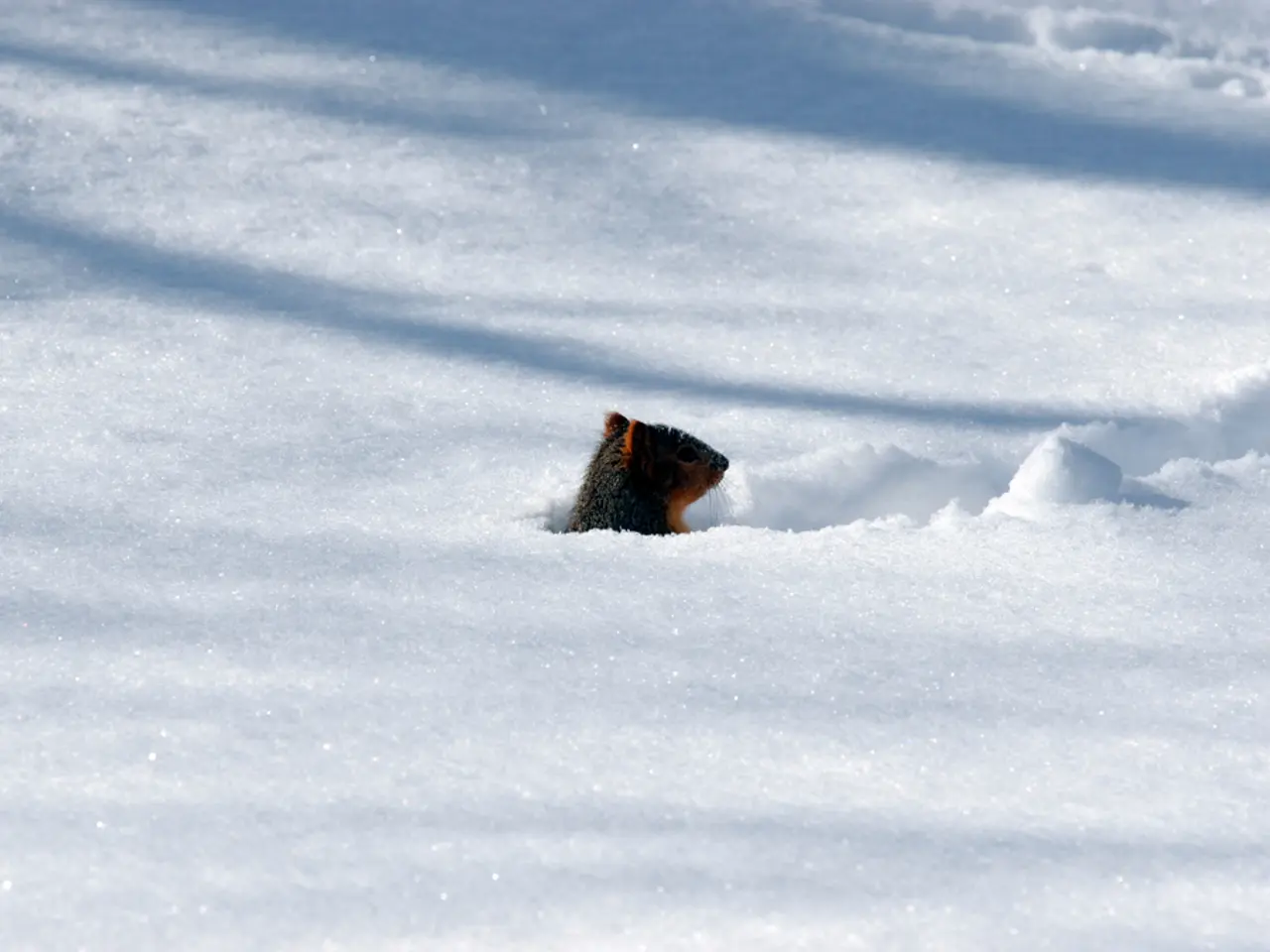Link Establishing Snow Shoveling and Heart Attacks
In the heart of winter, snow shoveling can seem like a harmless chore. However, recent research has highlighted the potential dangers that this seemingly routine activity can pose, particularly for middle-aged and older adults with existing or undiagnosed heart disease.
Snow shoveling is a strenuous physical activity that can elevate the heart rate up to 97% of its maximum, often surpassing the exertion level of a treadmill stress test. This intense physical demand, combined with the cold weather that causes blood vessels to constrict, raises blood pressure and puts extra strain on the heart. This combination can trigger sudden cardiac events such as heart attacks.
Key factors contributing to the heart risk during snow shoveling include the high physical demand, cold temperature effects, underlying heart disease vulnerability, and a higher risk in men. Habitually sedentary individuals are also at greater risk, as are those with known or silent coronary artery disease.
Research indicates a 6% higher likelihood of hospital admission for heart attack and a 34% increase in dying after heavy snowfall. Less physically fit individuals may be more vulnerable to the detrimental effects of snow shoveling.
The outlook for individuals who have experienced a heart attack depends on various factors, such as age, ethnicity, general health, promptness of response and start of CPR or defibrillation, quality of CPR or defibrillation, and neurological function during or immediately after CPR.
Medical sources advise caution, recommending that individuals with heart disease or risk factors consult their doctor before shoveling. Warning signs such as chest pain or shortness of breath during snow removal warrant immediate cessation and emergency care.
It's important to remember that the heart rate rises during strenuous exercise to supply oxygen-rich blood to the muscles. However, prolonged exertion beyond the maximum heart rate can place excessive stress on the heart, potentially leading to sudden cardiac arrest (SCA). SCA is a life-threatening condition that requires immediate intervention to increase the chances of survival.
Individuals with pre-existing heart conditions or underlying cardiovascular risk factors should consult a healthcare professional before engaging in intense physical activity. SCA occurs due to irregularities in the heart's electrical system, leading to atypical rhythms that disrupt the heart's ability to pump blood effectively. It's crucial to note that SCA is primarily an electrical issue, not a blockage in the blood vessels.
In conclusion, snow shoveling is a physically demanding activity under cold conditions that imposes acute cardiovascular stress, heightening the risk of heart attack, especially in susceptible individuals. By being aware of the risks and taking necessary precautions, we can enjoy the winter season safely.
Read also:
- Everyday Life Protection Strategies in Emsland: Insights from Experts on Heat Resistance
- Lefties having a creative edge and greater athletic prowess - a common belief explored?
- Trauma-Induced Dissociative Conditions Related to Bond Attachment
- Understanding Cyclic Edema: Its Definition and Characteristics




